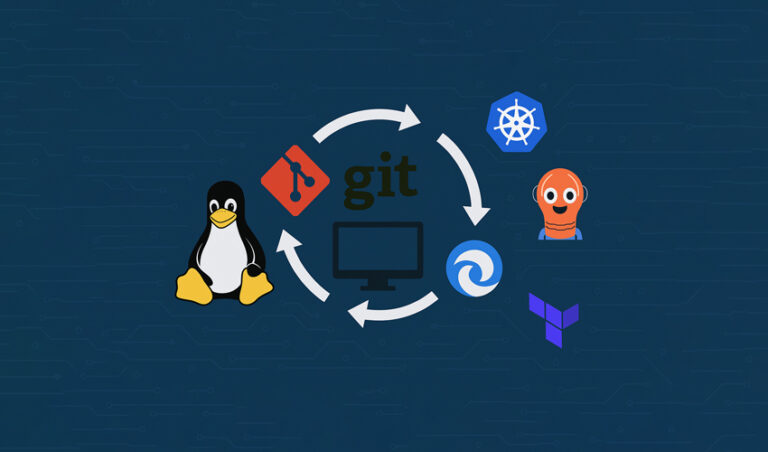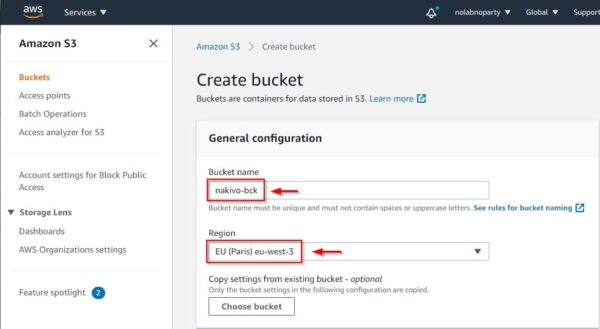
The theme of International Women’s Day 2021, March 8, is ‘choose to challenge.’ “A challenged world is an alert world and from challenge comes change,” in the words of the IWD website. “So let’s all choose to challenge.”
For the adtech industry, the ‘choose to challenge’ theme was the keynote of a recent excoriating article (warning: NSFW themes) from Amy Kean, author and culture editor at Shots Studios. Kean pointed out that, in spite of the ‘good guys’ in the industry – mentoring, ensuring women are treated fairly and paid equally – there is more which needs to be done.
“As International Women’s Day approaches, and we watch every big brand turning their logo pink, it’s easy to pretend that women finally have an adequate amount of respect and equality,” wrote Kean.
“Professional support and mentorship is fantastic, but being an ally to women in 2021 requires more. It’s the little things. Reacting when a woman gets shushed in a meeting for asking a question… noticing and remedying when there aren’t enough female voices in the room… flagging bad banter at work.”
While this is an uncomfortable assertion, it is supposed to be – and therefore why it is so important. Pip White, managing director UK and Ireland at Google Cloud, noted that ‘days like these are an important check in’, but these issues need to be ‘front of mind throughout the year.’
“In the tech industry, we need to focus on building a more diverse workforce to turn it into one that’s actually representative of our users, and create a workplace that creates a sense of belonging for everyone,” said White. “We need to actively seek out talented professionals from underrepresented groups, and commit to work that will help us all understand the identities, intersectionalities, and experiences of employees worldwide.”
Pound-for-pound right now, there is no enterprise software CEO getting more coverage than Melissa Di Donato, chief executive of open source provider SUSE. A recent feature in the Frankfurter Allgemeine Zeitung had a headline – “Ich bin ein Nerd in High Heels” – which could appeal to those whose German was remedial or even non-existant.
Di Donato has spoken frequently with CloudTech and has been a persistent voice in advocating for women in tech. Yet this does not lessen the efforts; SUSE has a dedicated Women in Tech arm, while Di Donato also runs Inner Wings Foundation, a charity dedicated to empowering women. When she last spoke to CloudTech at the start of 2020, Di Donato emphasised the importance of focus for mothers, such as not penalising them if a crisis meant they could not make the office.
Since then, however, there has been Covid-19. The pandemic has sparked fears across industries – take sport as an example – that the progress of female participation has considerably dropped. Tech is no different. Michelle Senecal de Fonseca, area VP Northern Europe at Citrix, argues the pandemic “has set gender equality back three decades.” But is now an ideal opportunity to fully redress the balance as the future of the office is theorised?
“When everyone is just a video call away, it’s easier to have more people ‘in the room’, and access better diversity of thought,” said Senecal de Fonseca. “This leads to a more even playing field so we do need to be careful that we don’t lose this opportunity to improve on returning to the office.
“Business leaders now have an opportunity to [create] role model behaviours they’d like to see and build back better post-pandemic to ensure the ‘new normal’ offers an inclusive work environment where diverse employees can thrive and be rewarded appropriately for their success,” she added.
Zendesk is another company where there is a specific network, called Women at Dendesk (WAZ). Going back to Kean’s assertion, Celine Maher, VP UK&I at Zendesk, talks of an ‘opt-in revolution’. Not only do misconceptions around women not supporting one another need to be reversed, but using the expression of ‘a closed mouth doesn’t get fed’, a framework needs to be applied to ensure everyone does their bit.
“Together, with the right programmes and mindset, we can challenge the culture that makes women less likely to advocate for themselves,” said Maher. “Let’s encourage women to ask for what they need. Be it the opportunity to present a new idea, the chance to speak up and share expertise and insights in meetings, or simply – just the opportunity to take a seat at the table.”
Continuing to ensure women’s voices are heard in tech
CloudTech, as well as the wider TechForge Media portfolio, continues to interview women who are at the forefront of marketing and technology. The topic of conversation frequently returned to the challenges these women have faced in getting to the top.
Di Donato noted that in her first role, at SAP as an R3 developer, she was the only female in her cohort. Today, at boardroom level, she noted it was like going full circle. “The need to always have diversity and inclusion on the agenda is really important,” she said. “I believe we can all give back more than we take.”
Ela Osterberger, director of data science at Deliveroo, also noted, when presenting her Master’s thesis, that she was the only woman in the room. Osterberger was named last year, by Women in Data and online retailer NBrown, as one of 20 inspiring women in the data landscape, and she told CloudTech about her path to the top. “I didn’t ever care about fitting in,” she said. “I wasn’t quite sure what I was studying for, but I guess I just kept doing the things that I loved which I think really helped me in my career.”
Sister title MarketingTech interviewed four female CMOs in April 2020, all of whom were in the wider big data and cloud software space, and discussed each of their career pathways.
Anna Griffin, CMO of Smartsheet, said that curiosity was key to getting ahead in marketing. In one of her early jobs, she insistently asked her superiors questions, from how the company made money to how the departments were interwoven. “Ultimately, a lot of success in marketing is being able to connect the dots through an entire experience,” she said.
Aimee Stone Munsell, CMO of Contentsquare, said that job titles were somewhat overrated. Lateral moves, as she put it, are fine. It’s all about getting experience, driving projects, and having a feeling of accomplishment through your body of work which will count long-term. “No matter what level you’re at or what the formal hierarchy is, it’s recognising where there’s an opportunity and a need in the business, and proactively stepping up,” she said.
Like Stone Munsell, Carol McNerney, CMO of Information Builders, was caught by the tech bug, and she also cited the importance for her in gaining experience across the board. “I found myself very intrigued by all of the different disciplines, including product marketing, and I really wanted to be more of a generalist,” said McNerney. “That’s what shored up my interest in the CMO role, because you understand and appreciate all of the different marketing disciplines, but then you’re able to pull it all together at a higher level.”
For Carolyn Corda, CMO at ADARA, empathy was her key attribute, as well as understanding that, for larger businesses and industries, you are one cog – albeit an important one – in a huge supply chain. “When you see a bear dancing, you don’t criticise the choreography – you’re amazed that a bear dances at all,” she said. “Being an emphathetic marketer just makes you 10 times more effective.”
You can find out more about International Women’s Day by visiting here.

Interested in hearing industry leaders discuss subjects like this and sharing their experiences and use-cases? Attend the Cyber Security & Cloud Expo World Series with upcoming events in Silicon Valley, London and Amsterdam to learn more.






